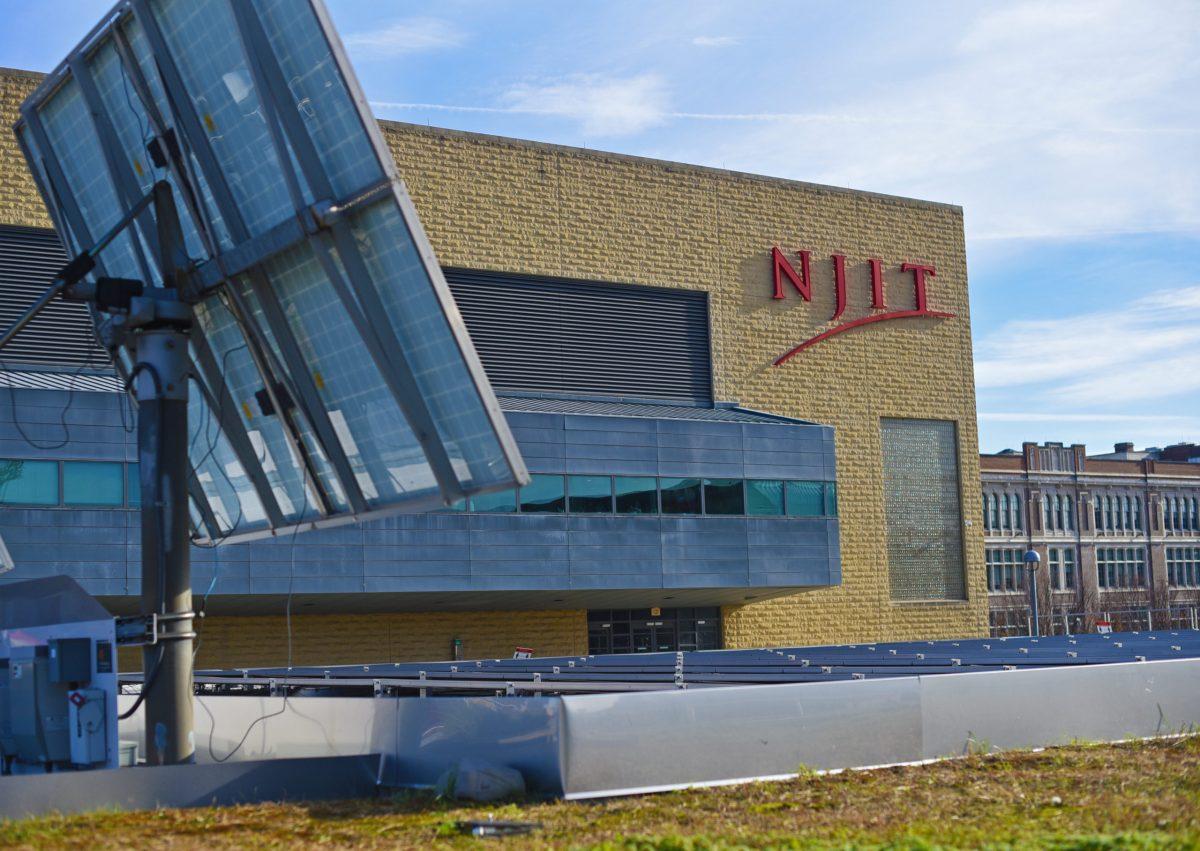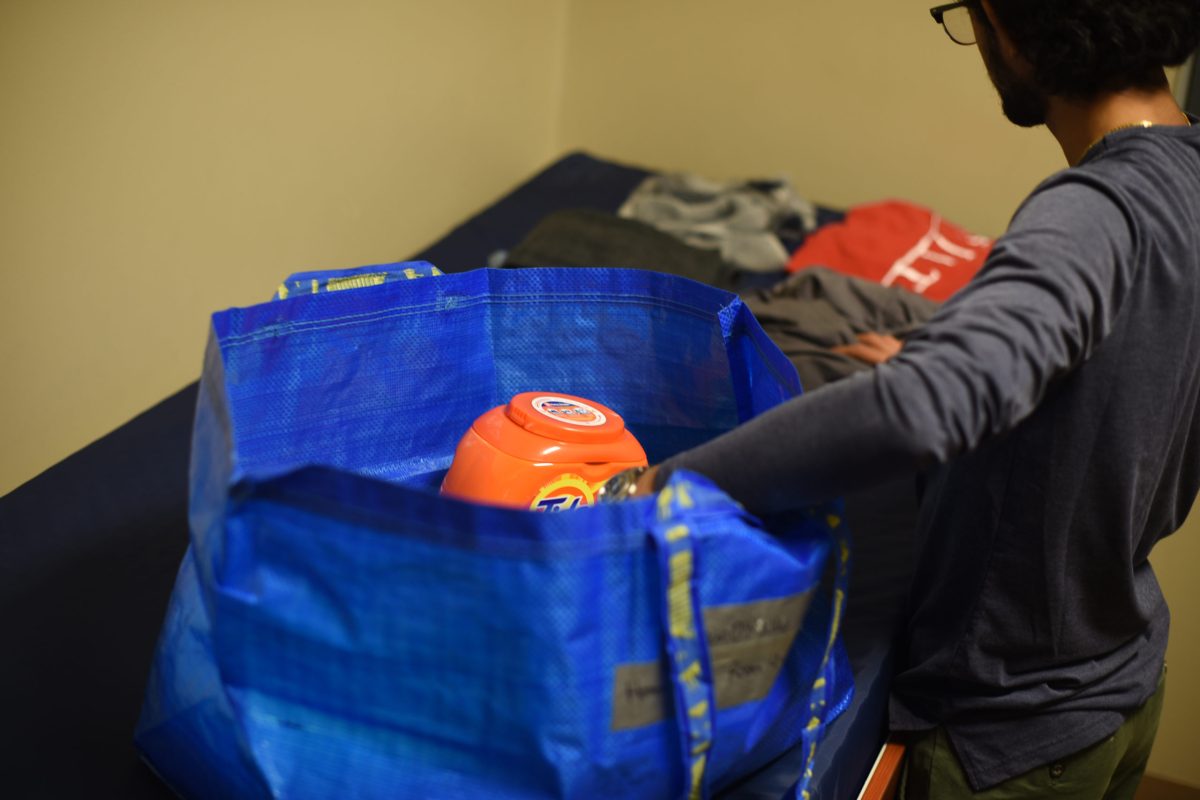A large part of the socially-conscious mission of the Albert Dorman Honors College involves the sustainability projects that it has its freshmen perform as part of their Freshman Seminar class. A notable success of this program was last year’s biodiversity study, which involved the planting of a diverse array of native fauna outside of the Honors dormitory. Over the course of the semester, students then collected photos and other data from plots they planted. This was in addition to student participation in waste management projects, and the analysis of environmentally-centered literature. With the biodiversity study slated to continue indefinitely, these projects seemed to demonstrate a commitment by the Honors program to involve their students in creating a more environmentally friendly campus.
This year, however, presented potential pitfalls for the program. On campus projects performed by large groups would not be feasible in this semester’s online learning environment and, thus, additional planning would be needed to ensure that the program could continue the work it had done in 2019. Fortunately – through the work of NJIT faculty like Dean Louis Hamilton and Dr. Burcak Ozludil, and the NJIT Green sustainability organization – this commitment to environmental consciousness would be maintained.
On campus projects this year were designed to comply with COVID-19 regulations. According to Julia Flores, president of NJIT Green and senior industrial design student, “the transition to an online teaching environment was surely a challenge for all students and professors involved but we managed to conduct the seminar successfully.”
Students participating in biodiversity analysis also determined how Honors’ previous planting project has improved biodiversity in the area, as well as to create and implement plans to increase biodiversity further. The Biodiversity survey involves multiple planting days to implement chosen plants based on previous research conducted. Flores further noted, “a few members of NJIT Green’s e-board volunteered to come to campus on planting dates to provide any assistance and ensure safety and social distancing amongst students.”
Additionally, a new program was added to the roster that could be more easily performed over an online setting, an energy audit of school buildings. Students engaging in this project would collect data from the school’s utility bills in order to analyze NJIT’s use of energy in different buildings. From this analysis students could make proposals to reduce energy usage in their selected buildings. While data analysis and research are fairly easily adopted to an online learning environment, the pandemic still provided some challenges as Julia Flores put it “students are not witnessing how energy in the buildings they analyzed is usually used because of the vast lack of students on campus. This surely puts a dent in providing solutions and change, but they still managed to carry out presentations that provided a lot of valuable insight.”
Burcak Ozludil, Associate Dean of the NJIT Honors College, said that this year’s projects in biodiversity and energy auditing are” a part of the [Honors College’s] commitment to sustainability. The intention is to introduce this commitment to to the Dorman Scholars as soon as they come in.”
Even in the face of trying circumstances various organizations have committed to providing important lessons regarding fostering a sustainable, diverse ecosystem on campus, as well as formulating energy saving techniques that will no doubt become more relevant as the effects of climate change continue to grow. One can only hope that through the work of our faculty and campus organizations this program will continue to grow in its scope as we return to a traditional learning environment in upcoming semesters.

































